what can i afford??
sftomke
2 years ago
last modified: 2 years ago
Featured Answer
Sort by:Oldest
Comments (43)
kempek01
2 years agonickel_kg
2 years agoRelated Professionals
Hickory Hills Landscape Contractors · Manhattan Landscape Contractors · Mount Sinai Landscape Contractors · Odenton Carpenters · Sugar Land Carpenters · Holtsville Architects & Building Designers · Rocky Point Architects & Building Designers · Four Corners General Contractors · Athens General Contractors · Coshocton General Contractors · Greensburg General Contractors · Palestine General Contractors · Panama City Beach General Contractors · Spanaway General Contractors · Waterville General Contractorssftomke
2 years agosftomke
2 years agoM Miller
2 years agosftomke
2 years agolast modified: 2 years agosftomke
2 years agoKristin Petro Interiors, Inc.
2 years agoElmer J Fudd
2 years agolast modified: 2 years agosftomke
2 years agosftomke
2 years agolast modified: 2 years agoKristin Petro Interiors, Inc.
2 years agosftomke
2 years agosftomke
2 years agoDebbie Downer
2 years agosftomke
2 years agomtvhike
2 years agosftomke
2 years agosftomke
2 years agosushipup2
2 years agosftomke
2 years agosftomke
2 years agosftomke
2 years agojemdandy
2 months ago
Related Stories
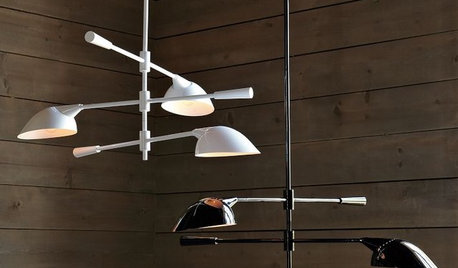
PRODUCT PICKSGuest Picks: Tastemaker Items You Can Afford
The Visual Vamp shops high and low for 19 on-trend pieces that won't break the bank
Full Story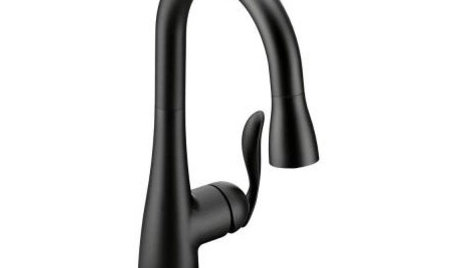
PRODUCT PICKSGuest Picks: 19 Kitchen Upgrades for When You Can't Afford an Overhaul
Modernize an outdated kitchen with these accents and accessories until you get the renovation of your dreams
Full Story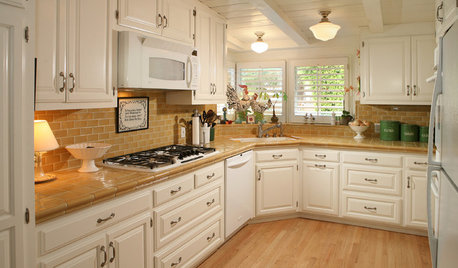
KITCHEN COUNTERTOPSKitchen Counters: Tile, the Choice for Affordable Durability
DIYers and budget-minded remodelers often look to this countertop material, which can last for decades with the right maintenance
Full Story
BUDGET DECORATINGBudget Decorator: A Most Affordable Gallery Wall
Need to fill a wall on the cheap? See how to make use of something pretty cool you may already have
Full Story
THE POLITE HOUSEThe Polite House: Can I Put a Remodel Project on Our Wedding Registry?
Find out how to ask guests for less traditional wedding gifts
Full Story
LIFEThe Polite House: How Can I Kindly Get Party Guests to Use Coasters?
Here’s how to handle the age-old entertaining conundrum to protect your furniture — and friendships
Full Story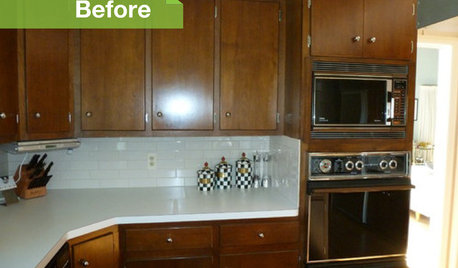
KITCHEN DESIGN3 Dark Kitchens, 6 Affordable Updates
Color advice: Three Houzzers get budget-friendly ideas to spruce up their kitchens with new paint, backsplashes and countertops
Full Story

Guest Picks: Affordable Kilims in Colors for Everyone
Add a handmade feel with kilim rugs, pillows or even a bench in hues from dazzling to subtle — and some cost as little as lunch
Full Story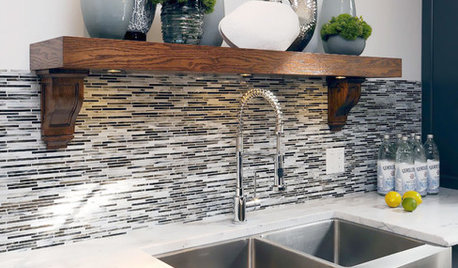
KITCHEN DESIGNKitchen Sinks: Stainless Steel Shines for Affordability and Strength
Look to a stainless steel sink for durability and sleek aesthetics at a budget-minded price
Full StorySponsored
Columbus Area's Luxury Design Build Firm | 17x Best of Houzz Winner!






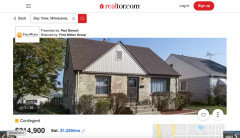
bry911